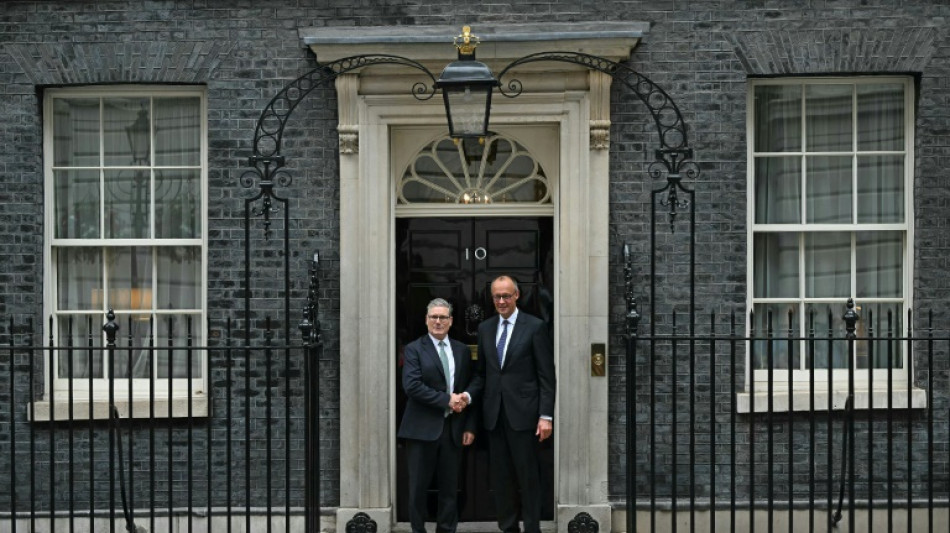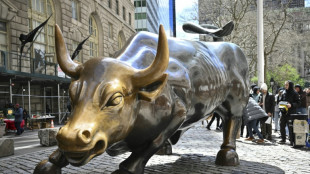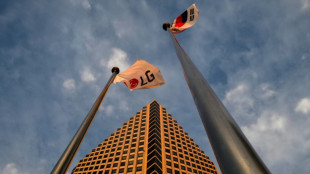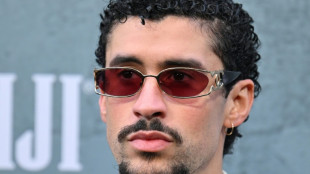

UK, Germany vow to tackle people smuggling gangs
Britain and Germany signed landmark deals Wednesday to boost defence ties and crackdown on people smuggling gangs on the first official visit to the UK by German Chancellor Friedrich Merz.
Prime Minister Keir Starmer said Merz had agreed to change German law this year so that small boats used to transport migrants across the English Channel can be seized in Germany.
"It's a clear sign that we mean business in every way," the British premier told reporters. Berlin, though, has yet to confirm when the legislation will be introduced.
Merz's trip came a week after undocumented migrants topped the political agenda during a state visit to Britain by French President Emmanuel Macron. Merz said he would host Macron in Germany next week.
Starmer and his German counterpart signed the first ever "friendship treaty" between their countries at London's Victoria and Albert Museum, named after Queen Victoria and her German-born husband, before holding talks at the PM's Downing Street office.
Merz said London and Berlin had agreed an exchange programme, in which German and British school children would not need visas to take part.
Speaking in German, he said he believed allowing the "young generation" to get to know each other and their respective countries was a "good basis for the further development of our relations".
- Arms co-operation -
Downing Street said the two leaders would also agree to jointly boost exports of military goods such as Boxer armoured vehicles and Typhoon jets, which could lead to "billions of pounds of additional" orders.
They would also commit to developing a precision strike missile with a range of more than 2,000 kilometres (1,250 miles) in the next decade.
Undocumented migration has become a major headache for Starmer's year-old Labour government, as support for the upstart anti-immigrant Reform UK party soars.
More than 22,500 would-be asylum seekers have arrived on England's southeastern coast by small boat from northern France this year alone.
The prime minister's office said changing the law in Germany would allow police to "take action against warehouses and storage facilities used by migrant smugglers" to conceal small boats intended for Channel crossings.
Starmer and Merz also discussed continued support for Ukraine, with both countries expected to play a role in US President Donald Trump's plan to send weapons to Kyiv with financing from other NATO countries.
- Brexit trauma -
The visit was Merz's first to the UK as chancellor, although he has already met Starmer several times. They made the same trip by train to Ukraine just days after Merz took office in early May.
The wide-ranging agreement also known as the "Kensington Treaty" refers to the turbulent security situation faced by both countries, and includes a mutual defence pact.
"There is no strategic threat to one which would not be a strategic threat to the other," the pact says, with a pledge the two countries "shall assist one another, including by military means, in case of an armed attack".
While Britain and Germany already have a commitment to mutual defence as NATO members, the treaty aims to pave the way for greater defence cooperation, including operations on NATO's eastern flank.
Macron's trip to Britain in early July was the first state visit to the country by a European Union head of state since the UK's acrimonious departure from the EU in 2020 following the 2016 referendum.
Merz said that while he personally "deplore(d)" Britain's decision to leave the bloc, the UK, France and Germany were "converging" in policy matters including migration and security.
Britain and Germany also agreed that some UK passport holders would be able to use faster German eGates and they committed to improving train connections.
Last month Eurostar said it planned to launch a new route from London to Frankfurt in the early 2030s -- the first such direct connection between the UK and Germany.
D.Richter--MP




